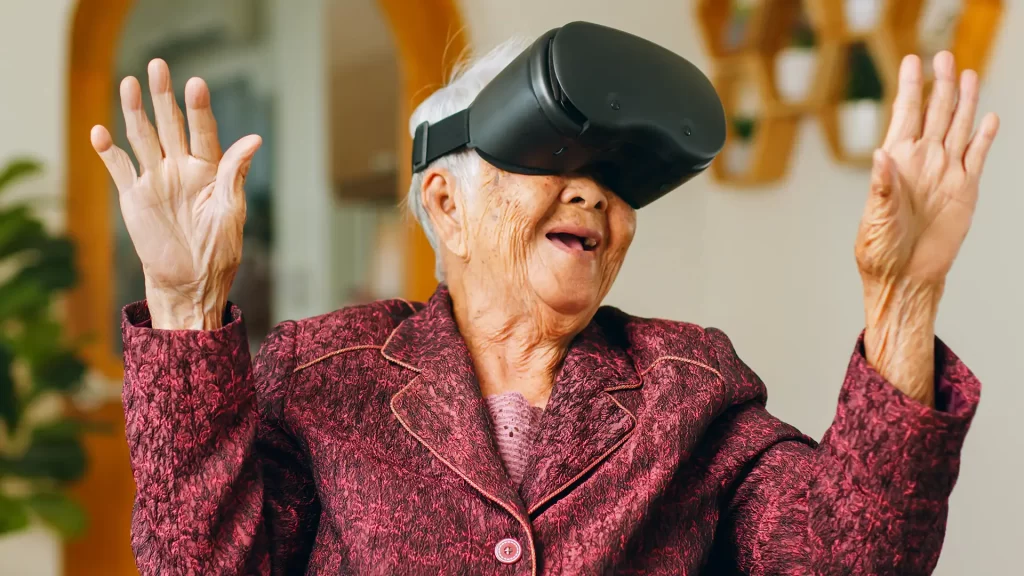In recent years, virtual reality (VR) technology has emerged as a powerful tool in the field of mental health therapy, offering new avenues for treating a wide range of conditions, from anxiety and PTSD to phobias and beyond. By immersing individuals in realistic yet controlled environments, VR therapy enables clinicians to deliver targeted interventions in ways that were previously unimaginable. In this article, we explore the innovative applications of VR in mental health treatment, highlighting the transformative impact it has had on the lives of individuals facing psychological challenges.
The Potential of Virtual Reality Therapy
Traditional forms of therapy often rely on imagination or exposure-based techniques to help individuals confront and manage their mental health symptoms. However, these methods can sometimes be limited in their effectiveness or accessibility. VR therapy offers a unique solution by providing immersive, interactive experiences that simulate real-world scenarios in a safe and controlled environment.
Psychologists specializing in VR therapy explain “virtual reality allows us to create highly personalized and realistic environments tailored to each individual’s specific needs and therapeutic goals. Whether it’s recreating a crowded city street for someone with social anxiety or simulating a battlefield for a veteran with PTSD, VR enables us to deliver exposure therapy in a way that is both effective and engaging.”
Breaking Barriers with Virtual Exposure
One of the most significant advantages of VR therapy is its ability to facilitate exposure-based treatments for conditions such as phobias and PTSD. By gradually exposing individuals to feared stimuli or traumatic memories within a virtual environment, therapists can help them confront and process their fears in a controlled setting.
A former combat veteran who struggled with severe PTSD for years, shares his experience with VR therapy: “I avoided crowded places and loud noises at all costs. But through VR therapy, I was able to confront my triggers in a safe space. It wasn’t easy, but over time, I learned to reframe my traumatic memories and regain control over my life.”

Tailoring Treatment to Individual Needs
Another key benefit of VR therapy is its flexibility and adaptability to diverse populations and treatment goals. Whether it’s treating children with autism spectrum disorders, helping individuals with substance use disorders navigate high-risk situations, or providing relaxation exercises for stress and anxiety, VR can be customized to meet the unique needs of each client.
Researchers specializing in VR interventions for children with ADHD emphasize the importance of individualized treatment approaches: “Children with ADHD often struggle with attention and impulse control. Through VR-based games and activities, we can help them develop cognitive skills in a fun and engaging way. The immersive nature of VR captures their attention and keeps them motivated to participate in therapy.”
Challenges and Future Directions
While VR therapy holds great promises, it also presents challenges and considerations for clinicians and researchers. Issues such as cost, accessibility, and ethical concerns surrounding privacy and data security must be addressed to ensure the responsible use of this technology in mental health care.
Looking ahead, experts envision a future where VR therapy becomes more widely available and integrated into standard treatment protocols. With continued research and innovation, VR has the potential to revolutionize the way we approach mental health care, offering hope and healing to individuals around the world.
In conclusion, virtual reality therapy represents a groundbreaking approach to mental health treatment, harnessing the power of technology to transform lives. By providing immersive, personalized experiences that target specific symptoms and challenges, VR therapy offers new possibilities for healing and recovery. As we continue to explore the therapeutic potential of VR, the future of mental health care looks brighter than ever before.


















